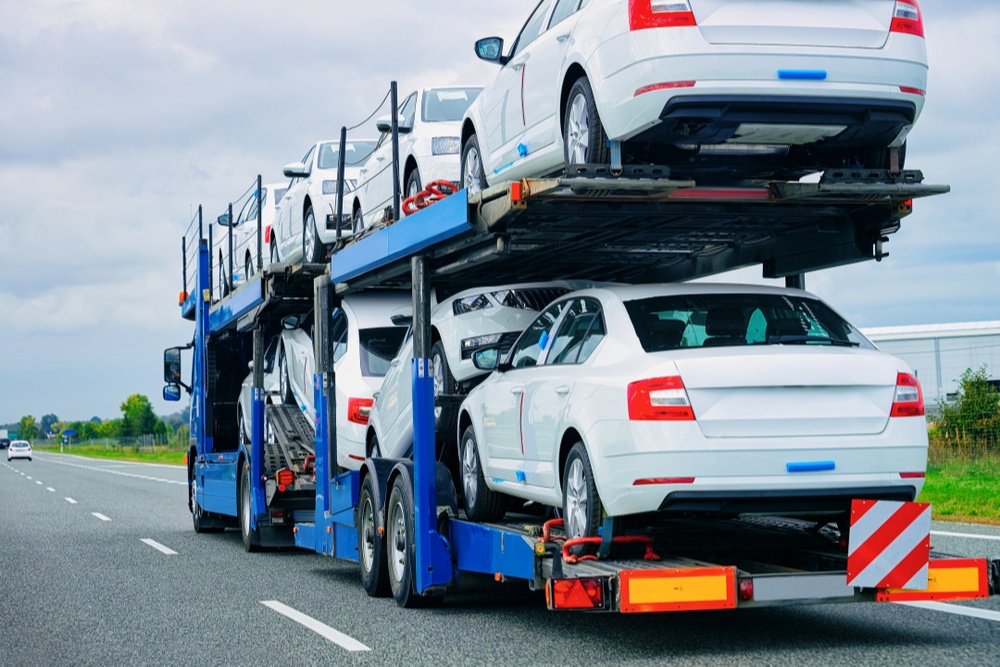Commercial Car Insurance for Business Vehicles
Commercial car insurance helps protect businesses that use vehicles for work, including deliveries, client visits, or transporting equipment. Unlike personal policies, commercial coverage is written specifically for vehicles used as part of a business operation. This article explains what commercial car insurance covers, when businesses need it, how it differs from personal insurance, and practical steps for selecting appropriate protection for your business vehicle fleet or single work vehicle.

What is commercial car insurance?
Commercial car insurance is a policy designed for vehicles used primarily for business purposes. It covers liability when an employee is at fault, and can include physical damage to the vehicle, medical payments, and uninsured motorist protection. Policies are tailored to risks associated with business use—such as transporting goods, carrying passengers for hire, or frequent driving in the course of work—and are typically written to the business entity rather than an individual.
When does a business need commercial coverage?
A business generally needs commercial coverage when a vehicle is owned by the company or used regularly for business tasks. If employees use a vehicle to make deliveries, visit clients, transport tools, or provide paid services, a commercial policy reduces coverage gaps that can arise under personal policies. Some personal policies exclude business use; relying on a personal policy for work-related driving can leave the company and employee exposed to liability and repair costs.
What does commercial vehicle insurance cover?
Commercial vehicle insurance commonly includes liability for bodily injury and property damage, collision and comprehensive coverage for vehicle damage, and coverage for hired or non-owned vehicles. Optional add-ons may include cargo insurance, coverage for specialized equipment, and roadside assistance for a fleet. Limits and endorsements depend on business needs and local legal requirements; a careful review of policy terms helps ensure the business vehicle is protected for the types of exposures it faces.
How does commercial insurance differ from personal insurance?
Commercial policies differ in underwriting, pricing, and coverage scope. Insurers evaluate business-related risk factors—driver history, vehicle type, usage patterns, and industry—rather than treating the vehicle as a household asset. Commercial policies may provide higher liability limits, broader protections for multiple drivers, and coverage for business-specific exposures such as hired drivers or employees using vehicles for deliveries. In contrast, personal policies are intended for private commuting and family use and may exclude commercial activities.
How to choose coverage for your business vehicle
Selecting coverage starts with a risk assessment: identify who drives the vehicle, how often it’s used, typical routes, and the value of cargo or equipment carried. Compare policy limits, deductibles, and available endorsements such as cargo, hired/non-owned auto, and medical payments. Check insurer experience with commercial accounts and whether they offer local services, claims handling, and fleet management tools. Maintain clear driver eligibility criteria and training to keep premiums manageable and reduce exposure to loss.
Conclusion
Commercial car insurance is structured to address the specific risks of using vehicles in a business context—covering liability, vehicle damage, and exposures that personal policies may not include. Understanding the difference between personal and commercial coverage, assessing the frequency and purpose of vehicle use, and matching policy features to business needs can help protect assets and limit liability. Careful policy review and regular reassessment of fleet needs ensure coverage remains aligned with changing business operations.






